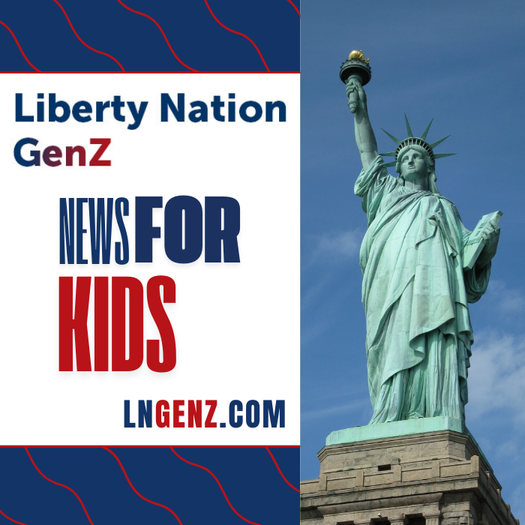From President Donald Trump’s stunning November victory to his second day in the White House, the new administration has attracted hundreds of billions of dollars in private investment. Rather than beg corporations to invest in the United States through government subsidies, the newly inaugurated president is relying on America’s appeal to bolster growth, create new jobs, and lead the world in future technology.
Donald Trump Delivers Huge Investment
On Jan. 21, President Trump unveiled a joint venture that will see up to $500 billion invested in artificial intelligence (AI) infrastructure over the next four years. OpenAI, Oracle, and SoftBank will invest in a new project named Stargate. According to Trump, this is the “largest AI infrastructure project by far in history.”

At a White House press conference, the executives confirmed they would invest an initial $100 billion and build data centers in Texas before expanding to other parts of the country. Masayoshi Son, SoftBank’s CEO, will be the chairman of Stargate. And a quintet of entities – Microsoft, Nvidia, Oracle, OpenAI, and Arm, SoftBank’s semiconductor firm – will be the “key initial technology partners.”
Stargate, Trump says, will lay the physical and virtual foundation to “power the next generation of advancements in” artificial intelligence. “This monumental undertaking is a resounding declaration of confidence in America’s potential under a new President,” Trump said in the Roosevelt Room. “This is the money that normally would have gone to China or other countries.”
The president is hedging his Trumponomics 2.0 bets on AI. Hours after his inauguration, Trump repealed his predecessor’s AI executive order that attempted to create a blueprint for federal oversight of artificial intelligence developers. Former President Joe Biden’s measure sought to mitigate risks that AI could pose to consumers, workers, businesses, and national security.
The latest plans come roughly a month after the Japanese tech-investing behemoth pledged to invest $100 billion in the US economy over the next four years, concentrating on AI and related infrastructure. The sizable investment is expected to create a minimum of 100,000 jobs. Son noted that the $500 billion is different from the December announcement. “My confidence level in the economy of the United States has tremendously increased with his victory,” Son told reporters. Remember, Son followed through on his $50 billion pledge in December 2016.
Additionally, this comes days after the Emirati billionaire businessman Hussain Sajwani said he would spend $20 billion to construct new data centers across the world’s largest economy.

Market experts anticipate similar announcements as the new administration embarks upon a deregulatory crusade in the coming months. Trump had vowed to expedite the permitting process if individuals or companies invested at least $1 billion in the US economy. New data suggest that foreign direct investment (FDI) projects announced in the US increased more than 14% in the 12 months ending in November, a positive trend for Trump as he begins his second term in the Oval Office.
While the United States has its fair share of challenges, whether sticky inflation or out-of-control spending, it is in much better shape than many advanced and developing markets worldwide. As the saying goes, the US innovates, Europe regulates, and China replicates.
What a Difference a President Makes
A key underreported facet of these announcements is that taxpayer-funded subsidies are not attached to these investments. For the last four years, Washington has begged domestic and foreign corporations to stay in the country or return to the US by offering tax credits, grants, loans, and a broad array of other subsidies. Corporate welfare had rocketed, even as the Biden administration griped about the wealthy paying their fair share. As Liberty Nation News reported, even Chinese entities took advantage of the provisions inside the Inflation Reduction Act or the CHIPS and Science Act.
Indeed, with much of the Biden legislative legacy intact, businesses will continue to tap federal and state funding. At the same time, the Trump brand is enough to garner substantial private investment from some of the largest companies in the world. Think about it: A North Dakota taxpayer working in plumbing will not be taxed to create AI-related jobs in Texas.
Liberty Nation does not endorse candidates, campaigns, or legislation, and this presentation is no endorsement.

